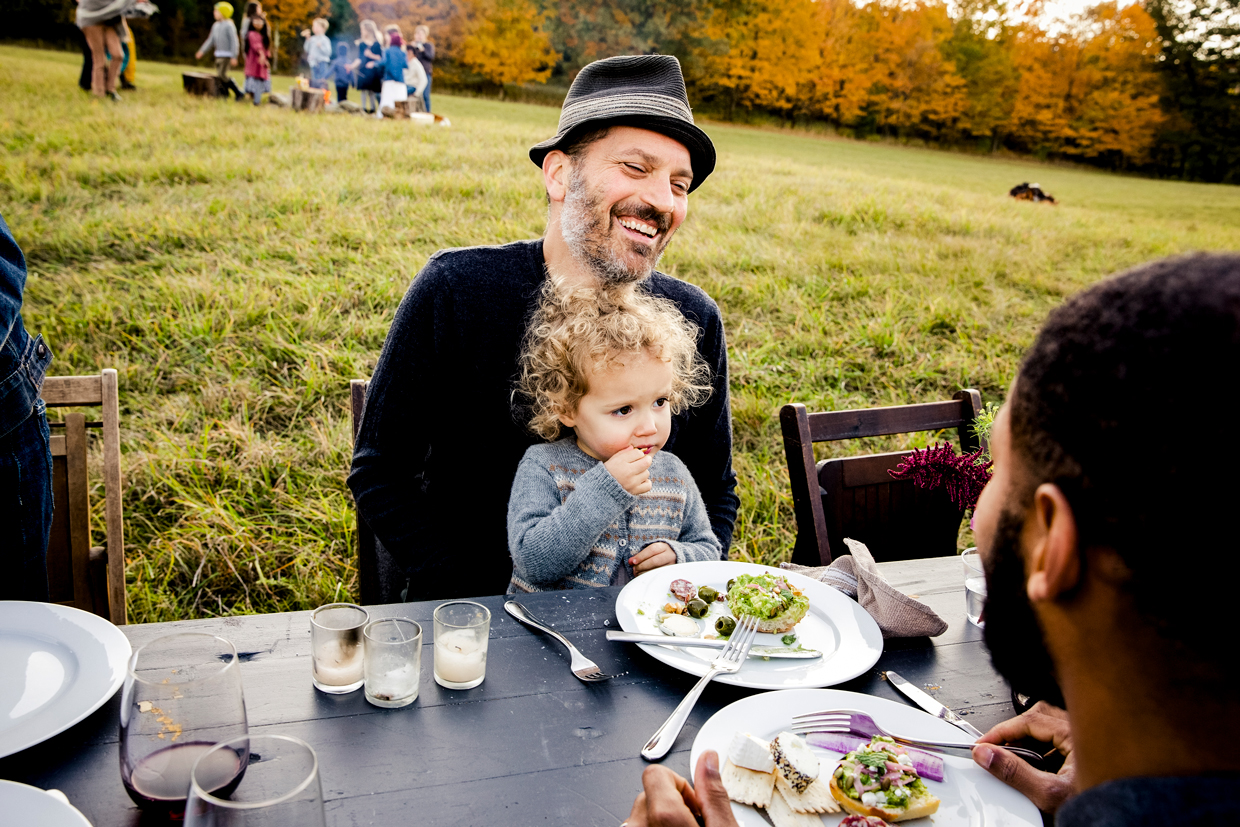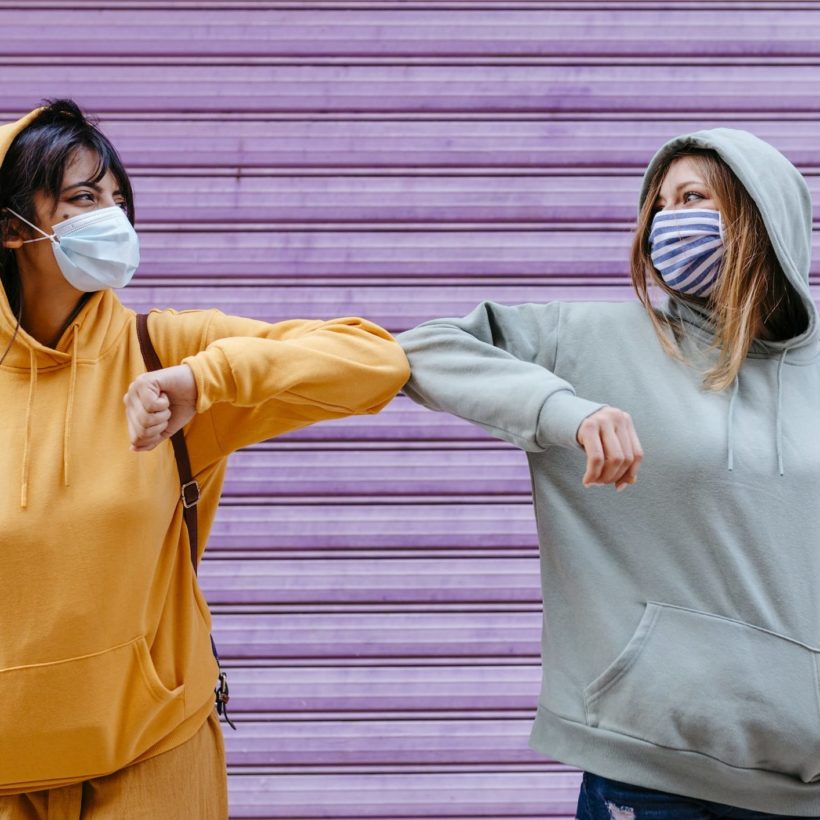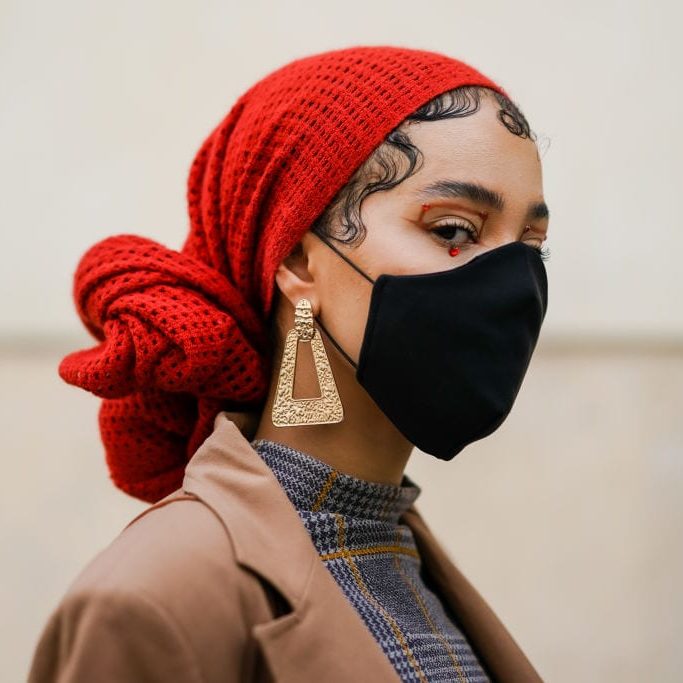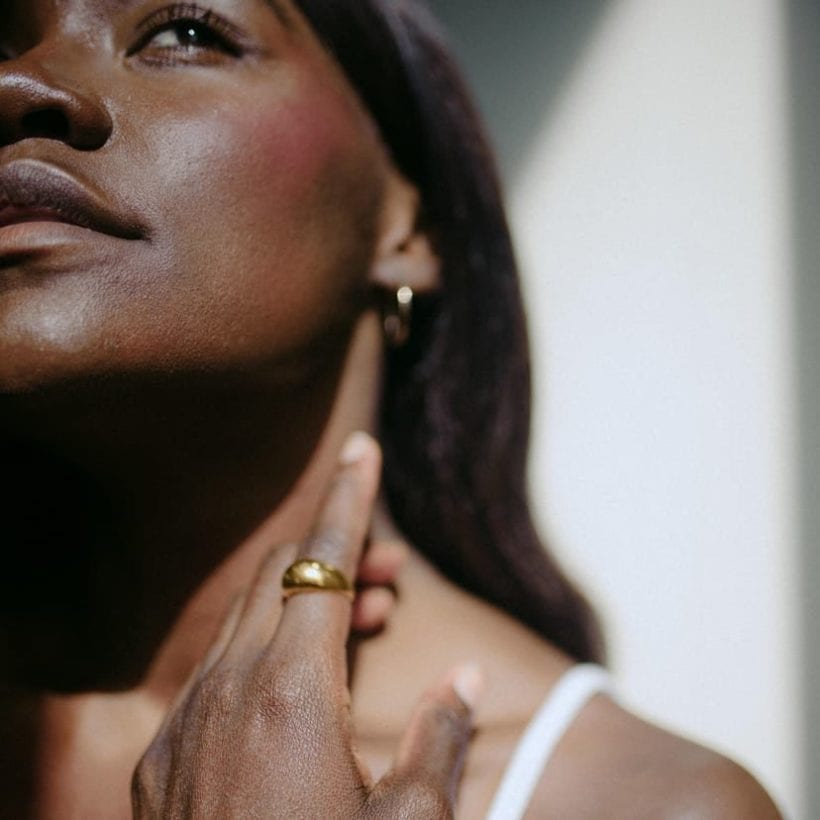During the holiday season of 2020, we all hoped that the pandemic would be far behind us within a year. We’re here now — and it’s not. Unfortunately, though many Americans have been vaccinated, due to a sizable unvaccinated population, COVID-19 cases continue to grow. While things are improving, the average number of deaths due to COVID-19 over the last week was nearly 1,900 per day, shares Dr. Charlene Brown, a public health expert, EverlyWell advisor, and former medical officer at the FDA. She says it’s critical to enter the holiday season with our eyes wide open to protect ourselves and others.
First and foremost, the Centers for Disease Control (CDC) has recommended against traveling if you are not vaccinated for COVID-19. And even if you are, Dr. Brown recommends looking into the COVID-19 community transmission rates, test positivity rates, vaccination rates, and hospitalization rates in that jurisdiction.
Furthermore, while it can be an uncomfortable conversation to have, there are some safety questions to ask before you RSVP ‘yes’ to a festive party or dinner. Many people may shy away from this type of confrontation, but the reality is, if the host isn’t willing to answer these inquiries and settle your fears, you probably don’t want to attend anyway.
Here, health experts recommend the most vital questions:
How big is the event?
There’s a big difference between having a casual dinner with five close friends and attending a holiday shebang with 100 employees. As Dr. Brown says, in the age of COVID-19, size really matters, especially if the event is indoors. If the part is on the larger side, she recommends wearing your mask and maintaining social distance as much as possible. “Masks are also recommended for crowded, outdoor events,” she continues. “However, the most important thing to do is to adhere to any event size mandates provided by the city or state where the event is taking place.”
Will the event be indoors or outdoors?
Sadly, the vaccinated badge of honor doesn’t always protect you from contracting COVID-19 since breakthrough cases do happen. This means everyone, regardless of their status, should exercise extreme caution if they decide to attend an indoor event this winter. Dr. Brown goes as far as to say, honestly, you should only celebrate indoors with people within your household, per the CDC’s guidelines.
“If you decide to attend an indoor event despite the CDC’s warnings, ask the party hosts if they will require that guests wear masks or adhere to social distancing measures,” she adds.
For an indoor event, will safety measures be taken?
Before accepting an indoor party invite, don’t be afraid to lean into the nitty-gritty of safety measures. After all, attending takes on risk, and you need all of the information to mitigate your exposure. Dr. Brown says to inquire about ventilation by asking questions like these:
- Will the windows and doors be kept open?
- Will there be adequate air circulation?
- Will there be HEPA filters or window fans?

How will you serve food?
By now, we know the risk of transmitting COVID-19 via surfaces is low; it’s not impossible. So to be safe, holiday parties should offer individual plates of food vs. buffet-style dining. “Find out if the party host will serve individual food and drink items to reduce shared touchpoints. This includes serving utensils or appetizers that require you to touch the food items directly,” she continues. “It’s also important to disinfect common touchpoints before, during, and after the event.”
Will vaccination be required?
Unfortunately, the debate on vaccination has become highly political, so the most critical question to ask is also the most heated one. Even so, as Dr. Brown reminds, the vaccine is highly recommended for everyone over the age of 12 and is the ‘absolute best way’ to protect yourself and others against COVID-19. “Unvaccinated individuals are at the greatest risk at group events, especially indoors. Both vaccinated, and unvaccinated individuals can spread COVID-19,” she continues. While both vaccinated and unvaccinated individuals can transmit the virus to others, unvaccinated people are contagious for a more extended period of time.
So, if the party host doesn’t require all guests to be fully vaccinated, consider not attending the event or attending virtually.
Do you require testing?
While no tests are 100 percent accurate, requiring testing of all guests — vaccinated or not — adds an extra layer of protection for events. In the best-case scenario, Dr. Brown says a party host will offer rapid COVID-19 tests to guests, mainly since so many are rapidly available now via Amazon, Doordash, and so on.
For even more protection, explore getting a PCR test a week before the event, isolating in between, and then getting another PCR test one to two days beforehand for the most accurate results.
Will there be a virtual option available?

The truth is, you may not be ready to participate in large gatherings — and that is okay, says Tori Williams, a licensed mental health counselor at Humantold. “With work from home and virtual schooling options at our disposal, virtual gatherings aren’t a foreign concept anymore,” she continues. “If there is a virtual option, you can take part in holiday festivities, guilt-free and anxiety-free. If there is not a virtual option, you can volunteer to facilitate a Zoom or Skype call, encouraging your host to invite family members or friends that would have otherwise been left out of the celebration.”







